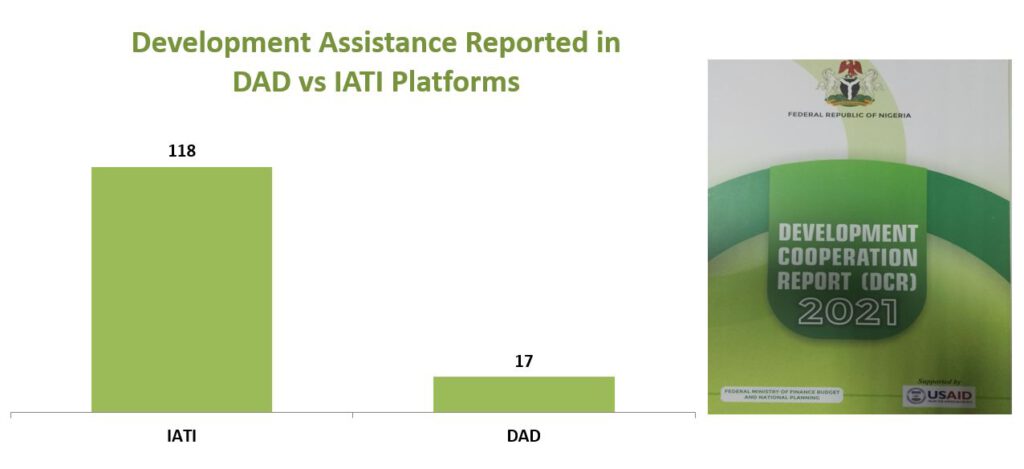How IATI data helps Nigeria plan their budget
IATI data is not just useful for donors like the Netherlands Ministry of Foreign Affairs to create transparency on spending of development cooperation money. One of the purposes of our newsletter and these articles, is to tell you about other ways IATI data is used, all over the world. This time, Henry Asor, the man in charge of the Aid Information Management System (AIMS) of Nigeria, explains why IATI is vital for Nigeria’s government budgeting.
Nigeria’s Federal Ministry of Finance, Budget and National Planning manages all bilateral and multilateral economic cooperation including the grants and technical assistance programming on behalf of the government. It uses, like many developing countries, an AIMS system for this. Nigeria’s AIMS system is called DAD (Development Assistance Database) and holds information on development projects which are financed by external donors. With DAD, the Ministry can distribute donor programmes and projects across the country. Simply put, this means that the government can take the funding already being spent in their country by outside donors into consideration in its own budgeting and planning of funding.
But the data in DAD is incomplete, says Henry Asor, who runs the database. “To get a fuller picture of development activities in Nigeria, we use IATI. It is important to emphasise that data published by IATI publishers has unearthed a lot more activities we didn’t know about before.” He shows how much more in a graph from Nigeria’s Development Cooperation Report of 2021. “In 2021, we had 17 development partners – donors, NGOs – in DAD, but we found 118 organisations in IATI.”

The DAD and IATI data are combined and analysed. Asor looks at where the spending is taking place, how much, which organisations are involved, predictions on spending up to three years in the future, which sectors get funded, and so on.
One of the ways this data is used in the end, is the Development Cooperation Report which Nigeria produced in 2021. In his foreword in the DCR 2021, the Honourable Minister of State, Budget and National Planning, Prince Clem Ikanade Agba writes that the “Development Cooperation Report is consistent with the efforts of the Federal Ministry of Finance, Budget and National Planning to institutionalize the Principle of Mutual Accountability and ensure that both Development Partners and the Nigerian Government are accountable to each other and their citizens”. You can read the report here.
